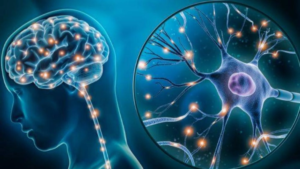
Post-Cancer Nutrition: Think You’re Supplementing Right? You Might Be Wasting Your Efforts|What Your Body Actually Needs
Recovering from cancer is not just about finishing treatment—it’s about rebuilding health from the inside out. Nutrition plays a central role in this process, yet many cancer survivors fall into the trap of supplementing based on trends or assumptions rather than data. The result? Nutrients that are either ineffective or even counterproductive.
So how can you ensure you’re actually supporting your body, not burdening it? The answer lies in personalized, data-driven nutrition.









